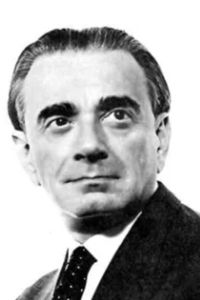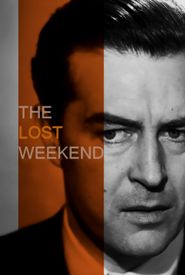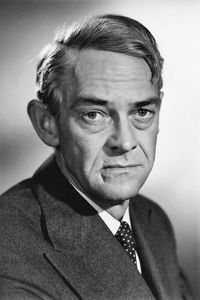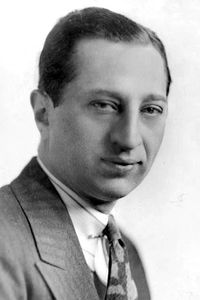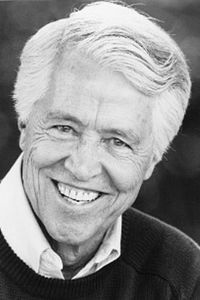Miklós Rózsa, a Hungarian-born virtuoso, embarked upon a most extraordinary and illustrious career, undergoing a rigorous period of training in Germany from the year 1925 to 1931, subsequently establishing a significant presence in France from 1931 to 1935, and later making a lasting impact in England from 1935 to 1940, ultimately settling in the United States from 1940 until his passing in 1995.
Rózsa's remarkable career was marked by a profound passion for film scoring, resulting in a staggering ninety-nine film scores that earned him widespread acclaim.
In parallel, he remained devoted to crafting absolute concert music, which he affectionately referred to as his "double life". This dual focus allowed him to cultivate a unique identity as a composer.
Rózsa's early success in Europe can be attributed to his orchestral work, "Theme, Variations, and Finale" (Op. 13),which was first performed in 1933.
Notable musician and composer Miklós Rózsa embarked on a journey into the realm of film scoring, marking the beginning of his illustrious career in the cinematic industry. His earliest notable works included the iconic scores for The Four Feathers, released in 1939, and The Thief of Bagdad, which premiered in 1940. This significant collaboration on the latter project led to a pivotal decision, as production was shifted from wartime Britain to the United States, ultimately prompting Rózsa to relocate to America. This marked the beginning of a new chapter in his life, one that would eventually culminate in his naturalization as an American citizen in 1946.
Noted Hungarian-born composer Miklós Rózsa's illustrious Hollywood career was characterized by an impressive array of successes, earning him prestigious Academy Awards for his outstanding scores in the films Spellbound, released in 1945, A Double Life, which premiered in 1947, and the iconic Ben-Hur, a cinematic masterpiece that debuted in 1959.
In addition to his impressive body of work in the film industry, Rózsa's concert compositions were enthusiastically championed by some of the most renowned and respected artists of his time, including the illustrious violin virtuoso Jascha Heifetz, the celebrated cellist Gregor Piatigorsky, and the esteemed Hungarian-born cellist János Starker.
